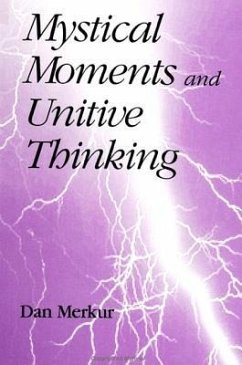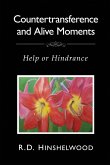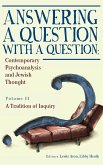Merkur proposes an alternative to the traditional psychoanalytic explanation of mystical experiences as regression to the solipsism of earliest infancy. He does this by viewing unitive thinking as a line of cognitive development, and mystical moments as creative inspirations on unitive topics. Utilizing classical self-reports by Christian, Jewish, and Muslim mystics, Patanjali's Yoga Sutras, and modern Western peak experiences, Merkur argues that experiences of mystical union are manifestations of a broader category of psychological processes that manifest in scientific and moral thought, as well as in mysticism. Unconscious as well as conscious, unitive thinking is sometimes realistic and sometimes fantastic, in patterns that are consistent with cognitive development in general. Mystical moments of unitive thinking may be considered moments of creative inspiration that happen to make use of unitive ideas. Building on the psychoanalytic object-relations theory that the self is always in relationship with an object, Merkur argues that the solipsism of some varieties of mystical union always implies unconscious ideas of a love object who is transcendent.
Hinweis: Dieser Artikel kann nur an eine deutsche Lieferadresse ausgeliefert werden.
Hinweis: Dieser Artikel kann nur an eine deutsche Lieferadresse ausgeliefert werden.








